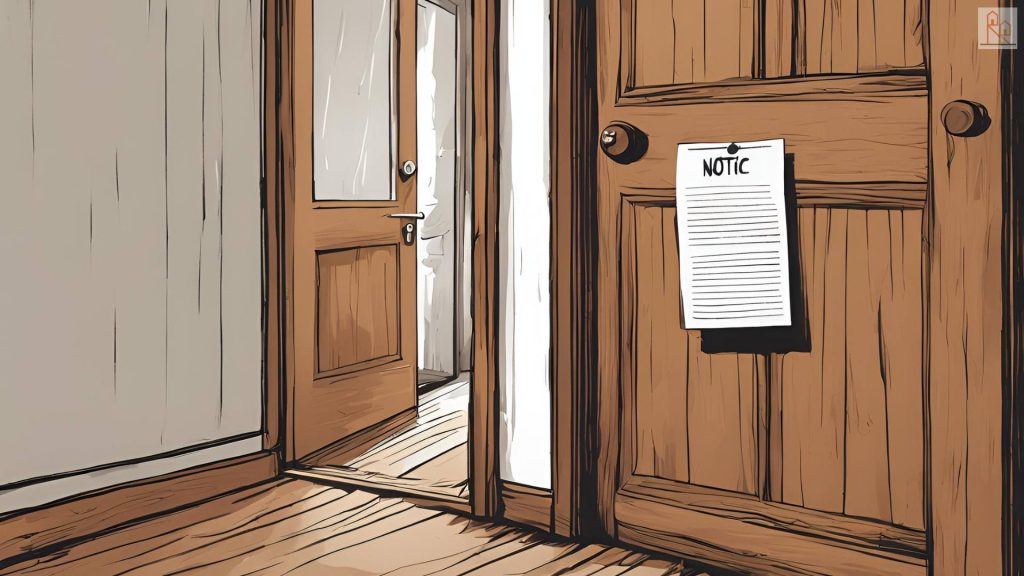
WASHINGTON STATE RESIDENTIAL LANDLORD-TENANT ACT RCW 59.18 (RLTA)
Owners and tenants have legal responsibilities to each other. The Washington State Residential
Landlord- Tenant Act (RCW 59.18, RLTA) outlines the rights and responsibilities for landlords and
tenants.
This summary of Death of a Sole Occupant rules to keep in mind during a lease is designed to help owners gain an understanding of the state rules and regulations affecting housing. This information should not be used as a substitute for legal advice.
Landlord’s Access to Rental Unit (RCW 59.18.150):
Notice of Intent to Enter:
The landlord must give a tenant at least two days’ written notice of their intent to enter the unit at reasonable times. The notice must state:
- The dates of entry
- Either the exact time of entry OR a period during which it will happen, including earliest and latest possible times
- A phone number for you to call to object to the entry date and time or to ask to reschedule
The landlord only has to give one day’s notice to enter to show the unit to prospective tenant or purchaser.
Tenants cannot refuse the landlord entry to repair, improve or service the unit. In the case of emergency or abandonment, the landlord can enter without notice.
The landlord still must get the tenant’s permission to enter, even if the required advance notice has been given. If the landlord does not serve the tenant with proper notice to enter the rental unit, a tenant can serve the landlord with a written notice documenting the date and time of the violation and the landlord shall be liable for up to one hundred dollars for each violation after receipt of the notice. The tenant can sue the landlord in small claims court.
If a tenant unreasonably denies the landlord access to the unit after proper notice has been served, the landlord can serve the tenant with a non-compliance notice and the tenant shall be liable for up to one hundred dollars for each violation after the notice is served.
Repair Process:
It is the landlord’s legal duty to make repairs unless the damage is caused by the tenant or their guest (including accidental damage).
The Tenant must:
- Serve the Landlord with a written repair request describing the problem and what needs fixing.
The Landlord must
- The Landlord must begin to make repairs within the following statutory timeframes
- If no hot or cold water, heat, or electricity, or there is a life-threatening problem, the landlord has 24 hours to start repairs. (RCW 59.18.070 (1)).
- If refrigerator, stove, oven, or plumbing fixture is broken, the landlord has 72 hours to start repairs. (RCW 59.18.070 (2)).
- For all other repairs, the landlord has ten days to fix the problem (RCW 59.18.070 (3)).
The landlord must make sure the repairs are completed promptly. If completion is delayed due to circumstances beyond the landlord’s control, including the unavailability of financing, the landlord shall remedy the defective condition as soon as possible.
A tenant must be current in the payment of rent including all utilities to which the tenant has agreed in the rental agreement to pay before exercising any statutory remedies, such as repair options. (RCW 59.18.080).

